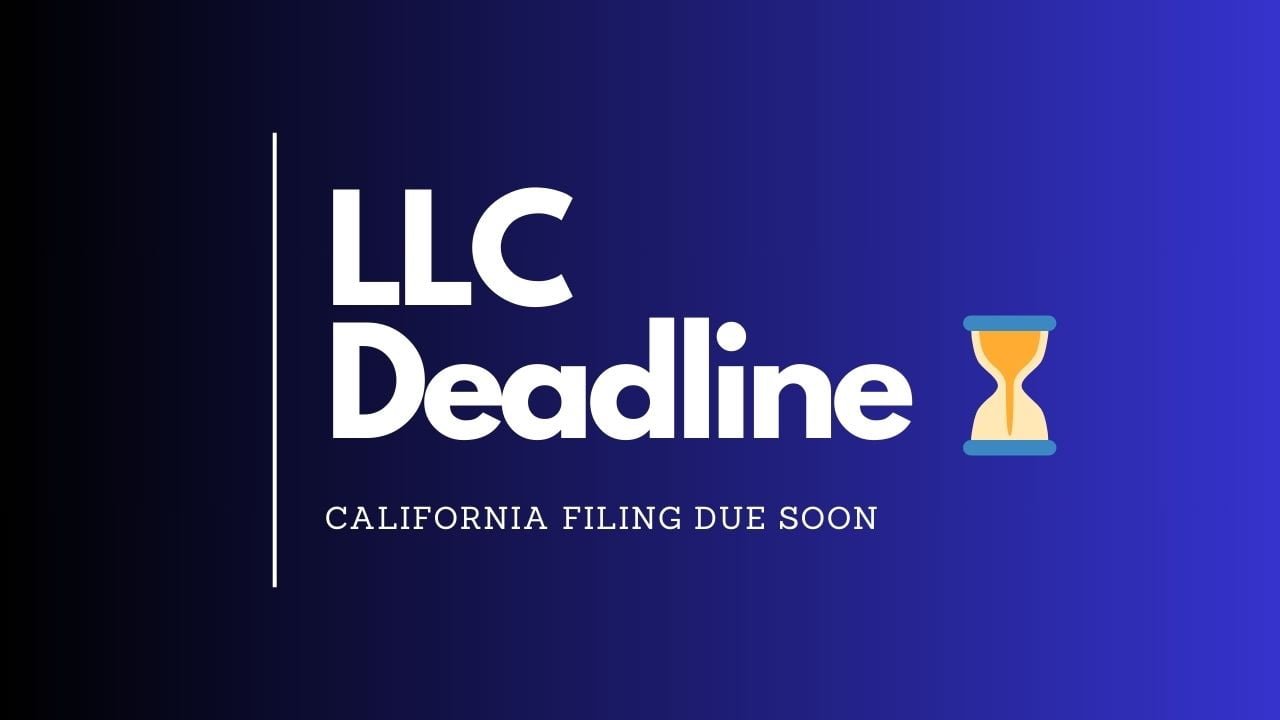
We Make Tax Filing A Breeze
Home » Mandatory E-filing of Form 8300 for Businesses Reporting Cash Payments Over $10,000 from 2024

Beginning Jan. 1, 2024, businesses that file 10 or more information returns must e-file Form 8300, Report of Cash Payments Over $10,000, instead of filing a paper return. For those with fewer information returns, e-filing Form 8300 is still optional. To file electronically Form 8300, a business must set up an account with the Financial Crimes Enforcement Network’s BSA E-Filing System. The IRS will ensure the privacy and security of all taxpayer data.
Businesses that receive more than $10,000 in cash must report transactions to the U.S. government. Information reported on Form 8300 can help uncover tax evaders, criminals profiting from the drug trade and others committing potentially criminal conduct.
The requirement for e-filing Form 8300 applies to businesses that are required to e-file certain other information returns such as Form 1099 series and Form W-2. The Internal Revenue Service (IRS) requires businesses to report cash payments of more than $10,000 received in a single transaction or in two or more related transactions within a 12-month period. This reporting requirement is designed to help the IRS combat money laundering and other financial crimes.
Any business that receives a cash payment of more than $10,000 must report it to the IRS. This includes businesses of all sizes, from sole proprietorships to large corporations.
All cash payments of more than $10,000 received in the course of a business must be reported to the IRS. This includes payments for goods, services, property, and other items.
Cash payments of more than $10,000 must be reported to the IRS on Form 8300, Report of Cash Payments Over $10,000 Received in a Trade or Business. Form 8300 must be filed within 15 days of the date the cash payment is received.
Businesses that fail to report cash payments of more than $10,000 on time or that file an incomplete or inaccurate Form 8300 may be subject to penalties. The penalty for failing to file Form 8300 is $250 per form, with a maximum penalty of $50,000 per year.
A business may file a request for a waiver from electronically filing information returns due to undue hardship. For more information, businesses can refer to Form 8508, Application for a Waiver from Electronic Filing of Information Returns. If the IRS grants a waiver from e-filing any information return, that waiver automatically applies to all Forms 8300 for the duration of the calendar year. A business may not request a waiver from filing only Forms 8300 electronically.
The business must include the word “Waiver” on the center top of each Form 8300 (Page 1) when submitting a paper-filed return.
If a business is required to file fewer than 10 information returns, other than Forms 8300, during the calendar year, the business may file Forms 8300 in paper form without requesting a waiver.
If a business files less than 10 information returns, it can still choose to e-file Forms 8300 electronically if it chooses to do so.
If using the technology required to e-file conflicts with a filer’s religious beliefs, they are automatically exempt from filing Form 8300 electronically. The filer must include the words “RELIGIOUS EXEMPTION” on the center top of each Form 8300 (page 1) when submitting the paper filed return.
A business must self-identify late returns. A business must file a late Form 8300 in the same way as a timely filed Form 8300, either electronically or on paper. A business filing a late Form 8300 electronically must include the word “LATE” in the comments section of the return. A business filing a late Form 8300 on paper must write “LATE” on the center top of each Form 8300 (page 1).
A business must keep a copy of every Form 8300 it files, as well as any supporting documentation and the required statement it sends to customers, for five years from the date filed.
Filing electronically will provide a confirmation that the form was filed; however, e-file confirmation e-mails alone don’t meet the record-keeping requirement. When e-filing, filers must also save a copy of the form prior to finalizing the form submission. They should associate the confirmation number with the saved copy. Prior to finalizing the form for submission, businesses should save a copy of the form electronically or print a copy of the form.
Many businesses have already found the free and secure e-filing system to be a more convenient and cost-effective way to meet the reporting deadline of 15 days after a transaction. They get free email acknowledgment of receipt of the form when they e-file. Businesses can batch e-file their reports, which is especially helpful to those required to file many forms.
To file Forms 8300 electronically, a business must set up an account with the Financial Crimes Enforcement Network’s BSA E-Filing System. The IRS will ensure the privacy and security of all taxpayer data.
For more information about the reporting requirement, see E-file Form 8300: Reporting of large cash transactions on IRS.gov.
Reporting cash payments of more than $10,000 to the IRS is an important requirement for businesses of all sizes. By complying with this requirement, businesses help the IRS to combat money laundering and other financial crimes.
Here are some additional tips for businesses on how to comply with the IRS’s cash payment reporting requirements:
Keep accurate records of all cash payments received, including the date, amount, and payer information.
Develop and implement procedures for reporting cash payments over $10,000 to the IRS.
Train employees on the IRS’s cash payment reporting requirements.
To learn more about how you can reduce your taxes and save money, check out the helpful resources on our blog or contact us today to schedule a consultation.